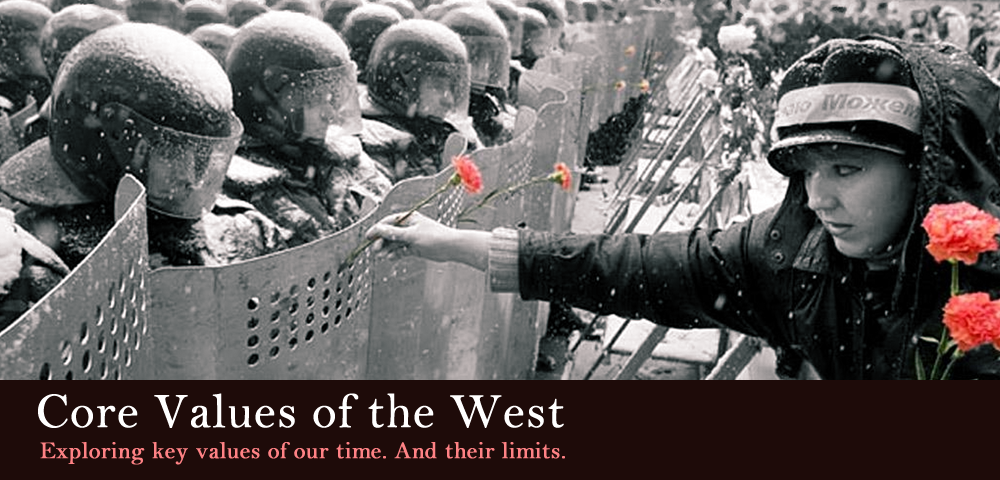By Dillon Cory (Privacy Rights) - Hearing recent revelations about the scope of government monitoring, you might believe that we are on a slippery slope towards an Orwellian dystopia, destroying any vestiges of privacy. But this fear is overblown. In America, our democracy that challenges government’s power and legitimacy bends the long arc of our moral universe towards justice, while providing protections for both security and privacy.
It is true that the surveillance powers of the National Security Administration (NSA) and wider intelligence community are expanding, collecting our metadata and screening our online communication. This matches an exponential growth of technology in every facet of life, providing undeniable convenience and an unprecedented window into our lives.
This growth exposes the alteration of the public and private sphere, as Americans offer their personal data to corporations and the government through daily participation in society. This ubiquitous presence of government surveillance in a post 9/11 world shouldn’t be met with alarm, but with admiration for a service that protects our national security interests.
Terrorism, internal and external, will always be a threat. But not just 9/11 style terrorism, but the pernicious threat of cyberterrorism and other online attacks. These attacks know no borders, creating an evolving threat environment. While the paradox of the terrorist threat is that it can forever justify expanding surveillance even when the threat is low, the threat is real. Responding to these threats takes a robust intelligence community with the appropriate capabilities.
A visceral reaction to the surveillance state in decrying its encroachment on privacy as a slippery slope towards a future of Big Brother ignores the benefits of mass surveillance and charges discourse on how to create an intelligence community with proper oversight that does not impede our national security goals. At the same time, supporting such a community must be tempered with a desire to cultivate a responsible surveillance apparatus that respects a reasonable concern for privacy.
Constant evaluation of the intelligence community is necessary to ensure its effectiveness in protecting individual rights and safety within constitutional bounds. The Foreign Intelligence Surveillance Courts, that oversee requests for monitoring electronic communications, need to have more accountability, firstly in the form of a special advocate from outside the intelligence community that can advocate for transparency, privacy, and civil liberties. There also needs to be strong congressional oversight for organizations like the NSA, FBI, and CIA that blur the boundaries between domestic and foreign spying, real versus imagined threats.
But the largest necessary change is a societal shift in the mindset about electronic communication and what constitutes the private sphere. No longer is online communication a place where one can have the reasonable expectation of privacy. From corporations to the government, someone always has access to your communication activity. And this reality is not a bad thing.
As many studies have shown, being watched promotes prosocial behaviors. Mass surveillance, matched with consistent legal enforcement, could prevent many crimes committed both online and offline when there is the constant possibility of being recorded.
Instead of fighting widespread surveillance, we need to fight selective and discriminatory enforcement of laws. The problem of mass surveillance is when it is used to purposely target individuals who are otherwise law-abiding citizens. There need to be protections that limit the coercive apparatus of the government, but this can only be done with a simplified legal code that is consistently enforced.
In the words of Thomas Jefferson, “Whenever you do a thing, act as if all the world were watching.” With this sentiment in mind, we should all support a strong intelligence community that can face the evolving threat environment in a manner that respects the foundations of our democracy.



